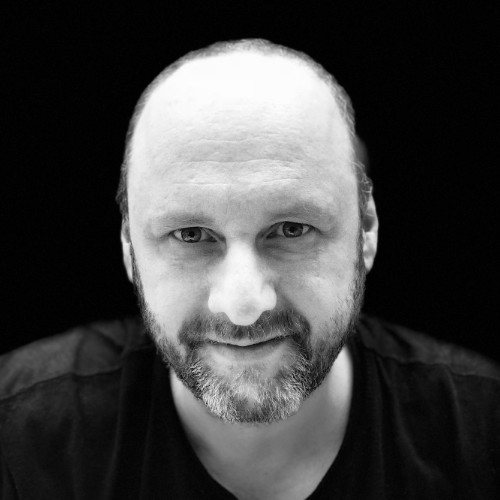Chinese internet company NetEase Games has acquired a minority stake in Quantic Dream, the French game studio that created blockbuster games such as Detroit: Become Human and Heavy Rain.
The investment will shore up Quantic Dream‘s capability to produce interactive storytelling games like Detroit: Become Human, a parable of modern society’s disturbing obsession with making human-like artificial intelligent androids. That game was a PlayStation 4 exclusive that sold more than 3 million copies. But under the deal with NetEase, Quantic Dream will now make games for other platforms too, said David Cage, the cofounder of Quantic Dream, in an exclusive email interview with GamesBeat.
“This investment will allow us to invest in future technologies and games in order to prepare for the next generation of platforms, with the same ambition regarding creativity and innovation,” Cage said. “Our goal is to develop our studio as a global, multifranchise company, while remaining an independent studio. We want to keep developing original games in the genre we pioneered, but also expand our audience by being present on all platforms.”

Above: Detroit: Become Human’s Amanda is a leader at CyberLife.
He said the company wasn’t interested in funding alone. (The amount of the investment wasn’t disclosed).
June 5th: The AI Audit in NYC
Join us next week in NYC to engage with top executive leaders, delving into strategies for auditing AI models to ensure fairness, optimal performance, and ethical compliance across diverse organizations. Secure your attendance for this exclusive invite-only event.
The 22-year-old Paris, France-based studio will continue to operate independently under the direction of industry veterans Cage and Guillaume de Fondaumière. Quantic Dream does a great job creating realistic human faces — or android faces, in the case of its latest game — and deep, emotional stories in the form of interactive video games. Detroit: Become Human, which drove the human realism further than the previous titles Beyond: Two Souls and Heavy Rain, was one of my favorite games of 2018.

Above: This is David Cage’s real face.
Of course, Quantic Dream has its critics. Some players feel like its work lacks good gameplay because the company pushes too far on the storytelling or graphics realism. That’s why Detroit scored only 78-out-of-100 on Metacritic, a review aggregator. But Cage pointed out in our email conversation that players rated the game at 87-out-of-100, and it sold 3 million copies.
Quantic Dream also got bad press last year after it was sued by former employees, who alleged the company had a “toxic workplace” and a culture which fostered homophobia, racism, and sexism. But Quantic Dream sued three French publications over the allegations, and de Fondaumière denied the charges in an email.
“We don’t comment on former staff assertions as we have stated before, we categorically refute these allegations,” he wrote. “What we can say is that our team has always been and remains united and everyone is thrilled about the recent studio evolutions. We don’t pretend to be a “perfect” company, no company should – but we do work hard and will continue to do so to offer our team an enjoyable working environment and competitive compensation. We pay every hour of overtime when such extra work is necessary at the end of a project.”
He noted that, going forward, about 10 percent of the company’s shares will be held by employees. NetEase did its due diligence by talking to employees.

Above: A rogue Android kidnaps a girl in Detroit: Become Human.
Simon Zhu, the general manager of investment and strategy at NetEase Games, also said in an email, “A company of our size and stature doesn’t make investments lightly, and we have of course taken great care in analyzing all aspects of Quantic Dream, in particular the studio culture. This is very important for us, as we take great care of these matters in our own company. We have been able to spend time with the Quantic Dream team, to learn to know the studio culture, and we have seen nothing that points to any of the allegations published by certain press.”
The companies said the strategic investment aims to support the studio’s vision of becoming a global, multi-franchise entertainment company, and to develop advanced technologies and games for the future.
“We have been impressed by NetEase’s vision, their commitment to quality and innovation and their impressive track-record and know-how in crafting and operating some of the most popular games on the planet,” said de Fondaumiere. “Partnering with NetEase will open new opportunities for our studio and strengthen our position as pioneers and innovators.”

Above: Guillaume de Fondaumière is co-CEO of Quantic Dream.
NetEase publishes games such as Blizzard’s Hearthstone and World of Warcraft in the Chinese market, and it operates many of its own games as well.
Cage said the company isn’t ready to talk about its future projects, but he said the next game engine will be cross-platform and “even more impressive than anything we have done before.”


